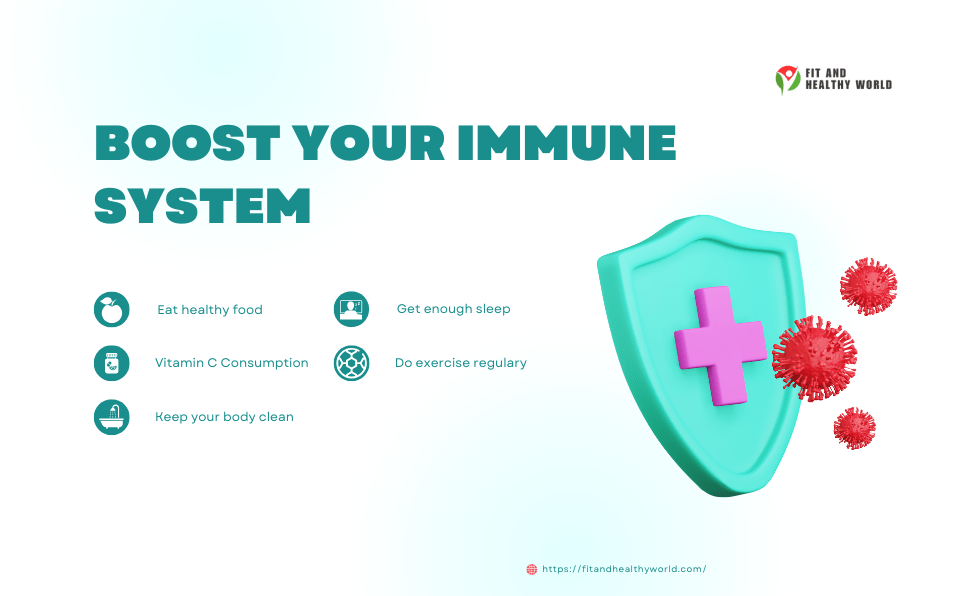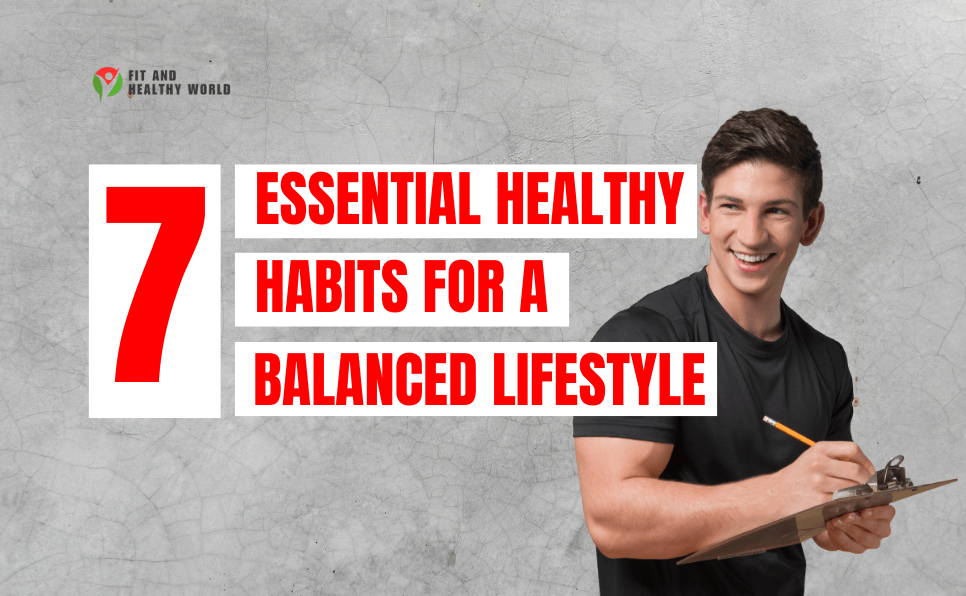Recovering from cataract surgery isn’t just about resting your eyes—it’s also about what’s on your plate. The food you eat can either help or hurt your healing. Certain meals may cause swelling, raise your blood pressure, or slow down tissue repair. That’s why avoiding the wrong food is just as important as taking your medicine.
In this guide, you’ll learn exactly what food not to eat after cataract surgery, how they affect your healing, and which safe choices to make instead, eating smart can speed up your recovery and protect your vision long-term after a cataract procedure.
Why Your Diet Matters After Cataract Surgery
Your body needs the right fuel to heal after any kind of surgery, including eye surgery. A diet to recover from cataracts should reduce inflammation, be good at repairing damaged tissues, and be repair your immune system. The wrong food will stress and inflame your eye instead of helping it heal.
Right after surgery, your eyes are sensitive ,and the healing remains slow. If you consume foods that cause inflammation, for instance, fried meals or processed snacks, you could end up delaying your recovery. This is why post-eye surgery, nutrition through care is as important as resting and using the prescribed eye drops.
Common Foods to Avoid After Cataract Surgery
There are several foods that can cause harm during the recovery process. High-sodium foods after cataract surgery like canned soups and fast food can raise blood pressure, which affects healing. Sugary foods and post-surgery inflammation are closely linked—pastries, candy, and soda can increase swelling in the body.
Also, unhealthy fats and eye healing delay go hand in hand. Fried foods, processed meats, and trans fats can increase inflammation and slow down tissue repair. Avoid spicy foods, alcohol, and anything that makes you feel bloated. Even things like white bread and pasta should be limited because they cause sugar spikes.
| Food Category | Why to Avoid |
| Fried and greasy foods | Increase inflammation and slow healing |
| Sugary desserts and drinks | Causes blood sugar spikes and swelling |
| Salty snacks | Raise blood pressure, leading to discomfort |
| Processed meats | Contain preservatives that slow recovery |
| Alcohol and caffeine | Dehydrate and interfere with medications |
How These Foods Can Delay Your Recovery
Eating the wrong foods can make it harder for your body to heal. After surgery, your immune system works overtime. Foods high in sugar and fat can stop your body from doing this well. They can cause your blood vessels to swell, which increases pressure in the eyes.
Inflammatory foods that cataract surgery patients should avoid include processed snacks, refined grains, and soda. These foods cause oxidative stress, which damages cells. The more your body fights to heal, the more important it is to stay away from these troublemakers.
The Role of Hydration in Post-Surgery Healing
Water is one of the best tools for healing. It helps transport nutrients, keeps tissues moist, and flushes out toxins. Staying hydrated after surgery helps reduce eye dryness and discomfort. Drinking enough fluids can prevent problems like headaches and dizziness.
However, some drinks work against your recovery. The caffeine effect on eye healing is real. Too much caffeine can dehydrate you and may increase eye pressure. Also, avoid alcohol and sugary drinks. The best hydration drinks after cataract surgery include plain water, coconut water, or herbal teas without caffeine.
When and What to Eat After Cataract Surgery
You will be able to eat normally within hours of the surgery, but it is better to eat lightly for your first meal. Eat for day 1 foods that are easy for the stomach to digest like cooked vegetables, soup made with broth, or rice. This, in turn, will not put any undue stress or cause any problems to your stomach. Avoid having very hot or very spicy foods as your system can’t withstand them.
On the second or third day, you may start including soft proteins such as scrambled eggs or steamed fish with mashed sweet potatoes. These foods are energetic and help in tissue repair. A soft, clean diet helps in avoiding nausea, swelling as well as discomfort. Your diet should be calm – like your eyes.
Best Foods to Eat After Cataract Surgery
Eat antioxidant-rich foods for eyes like carrots, blueberries, and spinach to help protect your eye tissues and speed recovery. Include foods that have omega-3 fatty acids and other eye health benefits, for example, salmon, flaxseed, and walnuts. They lower inflammation and enhance eye lubrication.
You need also vitamins and minerals for healing. Vitamins A, C, and E are there in leafy greens for post-op recovery by supporting cell repair, reducing the risk of infection, and speeding up healing. Eat plenty of leafy greens, citrus fruits, and bell peppers. Do not miss out on proteins; it is rebuilds damaged tissue after a surgery.
Supplements for Eye Health: What to Know
Food sometimes just does not give all the necessary nutrients a body requires. At such times, one requires supplements. Some of the dietary supplements for eye recovery are Vitamin A, Vitamin D, and Lutein and zinc but some also boost immune function generally and protect the eyes from damage in particular.
Consult your doctor before using any kind of supplementation. Post-surgery some supplements are harmful and ‘’there could be too much of a good thing’’. Let’s use only what’s absolutely necessary. Most supplements are merely a way to mirror what one was supposed to glean from a vibrant, varied plate.
Lifestyle Habits That Support Healing
Food alone won’t help if your habits don’t support your recovery. One big factor is screen time. Is it safe to watch TV after cataract surgery? Short periods might be fine, but limit your exposure for the first few days. Use eye protection outdoors and avoid dusty areas.
Lifestyle changes post-eye surgery include resting well, not rubbing your eyes, and keeping your follow-up appointments. Avoid smoking at all costs. The smoking impact on eye surgery healing is major—it cuts blood flow and delays healing. Fresh air and sleep are your new best friends.
Foods That Promote Long-Term Eye Health
To protect your eyes even after recovery, eat for the long term. Colorful fruits, leafy greens, and lean proteins should always be part of your meals. These help prevent future eye issues and support sharp vision. Your goal is to keep inflammation low and nutrients high.
Focus on antioxidants and vision recovery by eating tomatoes, oranges, and kale. Add omega-3 for eye recovery from fatty fish and seeds. These foods keep your retina strong and your lens clear. Long-term care starts on your plate.
Final Tips for a Smooth Recovery
Recovery time post-cataract surgery may vary from individual to individual. A majority of people see an improvement within a few days. Complete recovery may take a few weeks. So, be patient, give proper rest to your eyes. Do not miss the medicines. Have good, nutritious food, drink plenty of water and do as your doctor has advised.
It is a much easier trip to clearer vision when bad foods are shunned and good healing ones embraced. The modal of nutrients on eye healing, good habits, and care makes a big difference. Every choice matters, what’s on your fork to what’s on your screen.
(FAQs)
What should not eat after cataract surgery?
Avoid fried foods, sugary snacks, processed meats, high-sodium foods after cataract surgery, and alcohol, as they can slow healing and cause swelling.
Which food is best after eye surgery?
Soft, easy-to-digest meals like steamed vegetables, fish, and antioxidant-rich foods for eyes support faster healing and reduce inflammation.
Can I eat eggs after cataract surgery?
Yes, eggs are safe and part of a protein-rich diet after surgery, helping your body repair tissues and heal quicker.
Can I eat bread after cataract surgery?
You can eat whole grain bread, but avoid white bread and refined carbs, which may act like sugary foods and post-surgery inflammation triggers.
Can I eat rice after cataract surgery?
Yes, plain rice is gentle on the stomach and fine to eat. Just avoid spicy or oily rice dishes that may cause discomfort or slow eye surgery aftercare nutrition.



